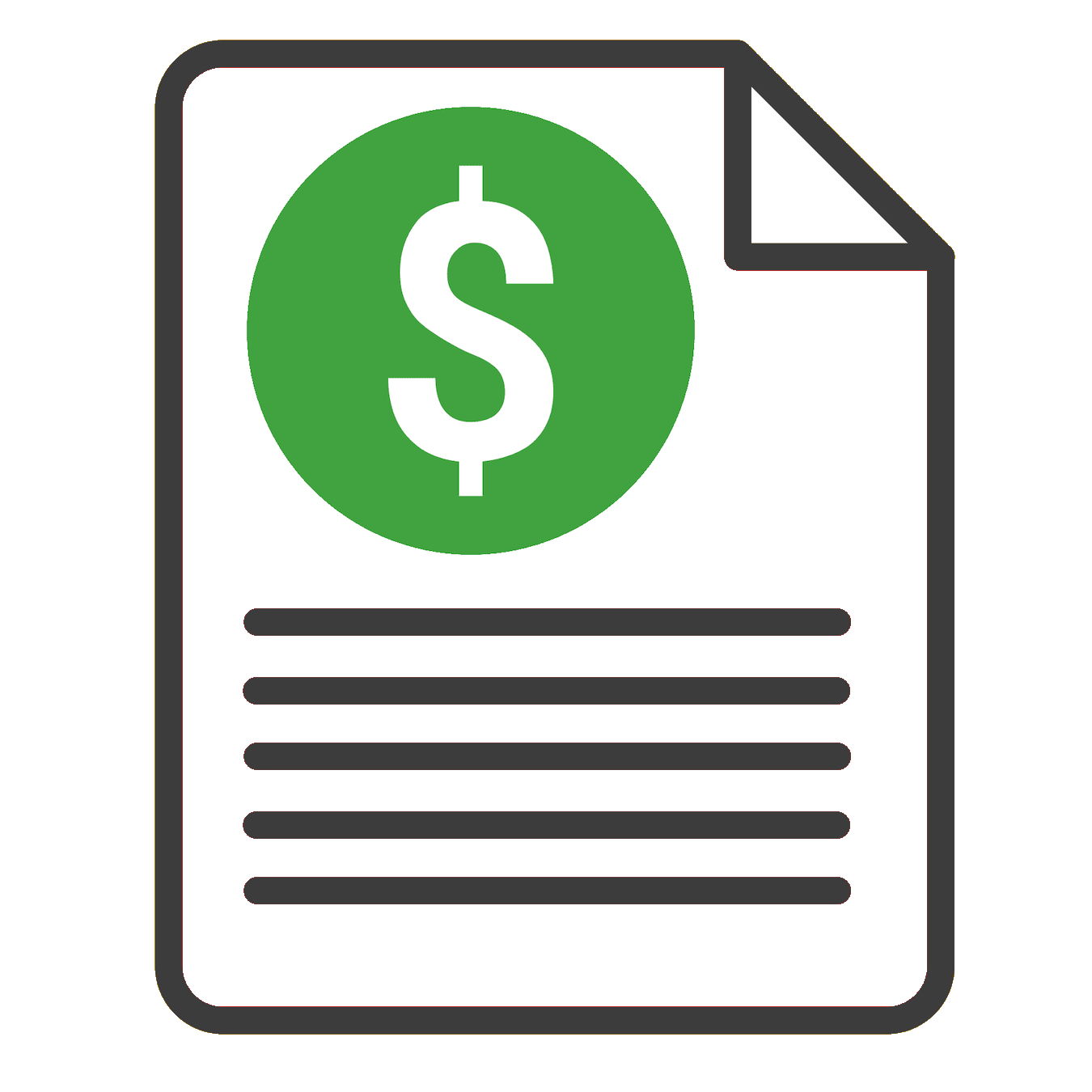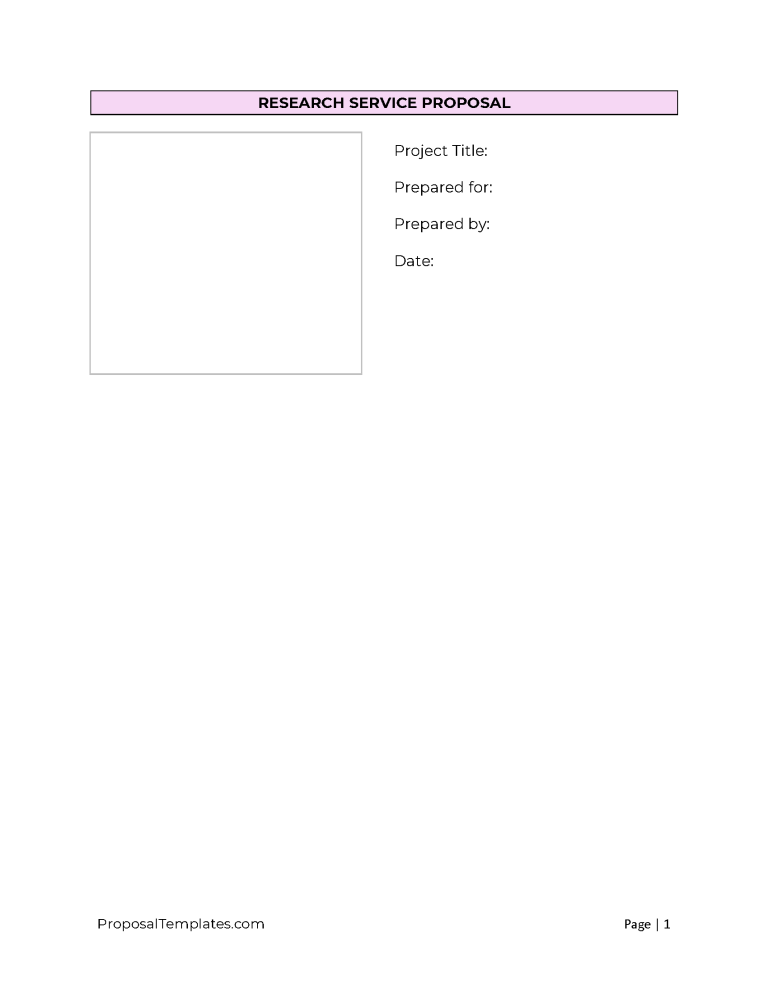Research proposals approach recipients for funding, approval, as well as space and are used in private, academic, and public sectors. Researchers will present their objectives, methodology, relevance, and scope in detail to promote the study.
Types of Research Proposals (12)
- Collaborative Proposal – A research proposal authored by multiple researchers, thus detailing the collaborators’ research roles.
- Conference Presentation Proposal – A proposal sent whenever a researcher wishes to present at academic conferences, requiring a strict format.
- Feasibility Study Proposal – A proposal that assesses a project’s requirements and benefits, thus concentrating on methods, costs, and objectives.
- Internal Research Proposal – Proposals submitted to academic institutions by their researchers in order to gain approval and internal resources.
- Pre-Proposal or Letter of Inquiry (LOI) – A comprehensive proposal that introduces a researcher’s formal proposal accordingly.
- Program Evaluation Proposal – A proposal focusing on a project’s expected outcomes since it answers a specific institution’s request.
- Research Grant Proposal – Proposals presenting research plans in detail to attract funding from external sources (i.e., government, private companies).
- Research Project Proposal – A proposal sent according to a requested format while retaining the versatility to reach multiple recipients.
- Seasonal Cleanup Proposal – Proposals centering on the lawn care needed when a season changes, such as leaf removal.
- Solicited Research Proposal – Proposals sent to organizations (i.e., government, academic) requesting a research project.
- Thesis or Dissertation Proposal – An academically themed proposal that graduate students utilize, thus subject to an academic institution’s requirements.
- Unsolicited Research Proposal – Proposals sent from researchers to introduce their work as well as to obtain approval or support.
What Should Be Included (11 Items) |
1. Title Page
Present the project title together with its author and submission date. Also, directly address the recipient.
Research Proposal Title, Subtitle, Researcher Name(s)
Proposal Number (Identifier), Affiliations
Funding Acknowledgment, Institution Logo(s)
Contact Information, Submission Date
Ethical Statement/Disclaimers
2. Introduction
Basically, explain the research problem while keeping it in context. If needed, supply the literature together with any additional visual aids required to take the issue seriously.
Research Background, Problem Statement
Purpose, Objectives, Hypothesis
Significance, Scope, Theoretical Framework
Research Design, Methodology, Limitations
Anticipated Outcomes, Research Justification
3. Research Objectives
State the objectives of the proposed research while laying out the hypotheses and handling anticipated questions. Present the case that the project goals are measurable as well as achievable.
Clear Objective Statement, Measurability
Hierarchical Structure, Relevance
Logical Order, Timeframe, Priority
Research Hypothesis Alignment, Importance
Resource Requirements, Cross References
4. Research Methodology
Layout the project’s task list in detail. Define how data will be sourced, gathered, measured as well as analyzed.
Research Design, Data Collection Methods
Sampling Strategies, Data Sources
Data Collection Tools, Data Analysis Strategy
Ethical Consideration, Data Validation, Timeline
Quality Control, Budget, Limitation, Contingency
5. Literature Review
Gather literature, studies, as well as current data on the research topic for this presentation. Significantly put forth a case for the project’s theoretical framework and relevance.
Search Strategy, Organization
Key Findings Summary, Gap Identification
Conceptual Framework, Methodological Approaches
Practical Implications, Critical Evaluation
Theoretical Contribution, Conclusion
6. Research Design
Further, discuss the data collection and sampling strategies that will be used. Explicitly lay out all data analysis techniques for the proposal recipient.
Research Design Overview, Population, Sampling
Data Collection Methods, Sources, Instruments
Data Analysis Plan, Ethical Considerations
Data Validation, Limitations
Assumptions, Conclusion
7. Research Project Timeline
Document the research project’s calendar of events and timeline, specifically marking key event dates. Also, record the start and end date of each phase.
Research Activities, Start Date, End Date
Duration, Dependencies, Milestones, Reporting
Contingency Planning, Resource Allocation
Overall Timeline, Visualization, Reviews, Approval
Communication, Responsibilities, Final Submission
8. Research Budget
Formally declare the anticipated budget for the project as well as calling out each expense. This discussion must be particularly transparent, so include every cost contributing to the total.
Personnel Costs, Benefits, Budget Justification
Consultant Fees, Travel, Equipment
Materials, Supplies, Data Collection Costs
Software, Participant Compensation
Dissemination, Indirect Costs, Total Budget
9. Significance And Expected Outcomes
Further interest the recipient by discussing the project’s attraction to their stakeholders. That is spell out the project’s impact on the field and those involved.
Practical Impact, Contribution To Knowledge
Research Gaps, Innovation, Theoretical Framework
Expected Outcomes, Policy Implications
Future Research, Funding Priorities
Overall Impact Statement
10. References
Present every source that appears as well as contributes to this proposal’s development. Also, remember to comply with the appropriate citation style.
Citation Style, Order, Books
Articles, Publications, Web Sources
Reports, Theses, Dissertations
DOI (Digital Object Identifier)
In-Text Citations, URL’s, Secondary Sources
11. Appendices
Present every legal document (i.e., consent forms) required for the research project to be accepted and commence. Also, include any samples or media cited above.
Ethical Approval Documents, Supplementary Materials
Questionnaires, Surveys, Interview Guides, Consent Forms
Ethical Approval Documents, Detailed Methodology
Statistical Tables, Long Quotations, Additional Data
Code, Algorithms, Calculations, Permissions, Translations

